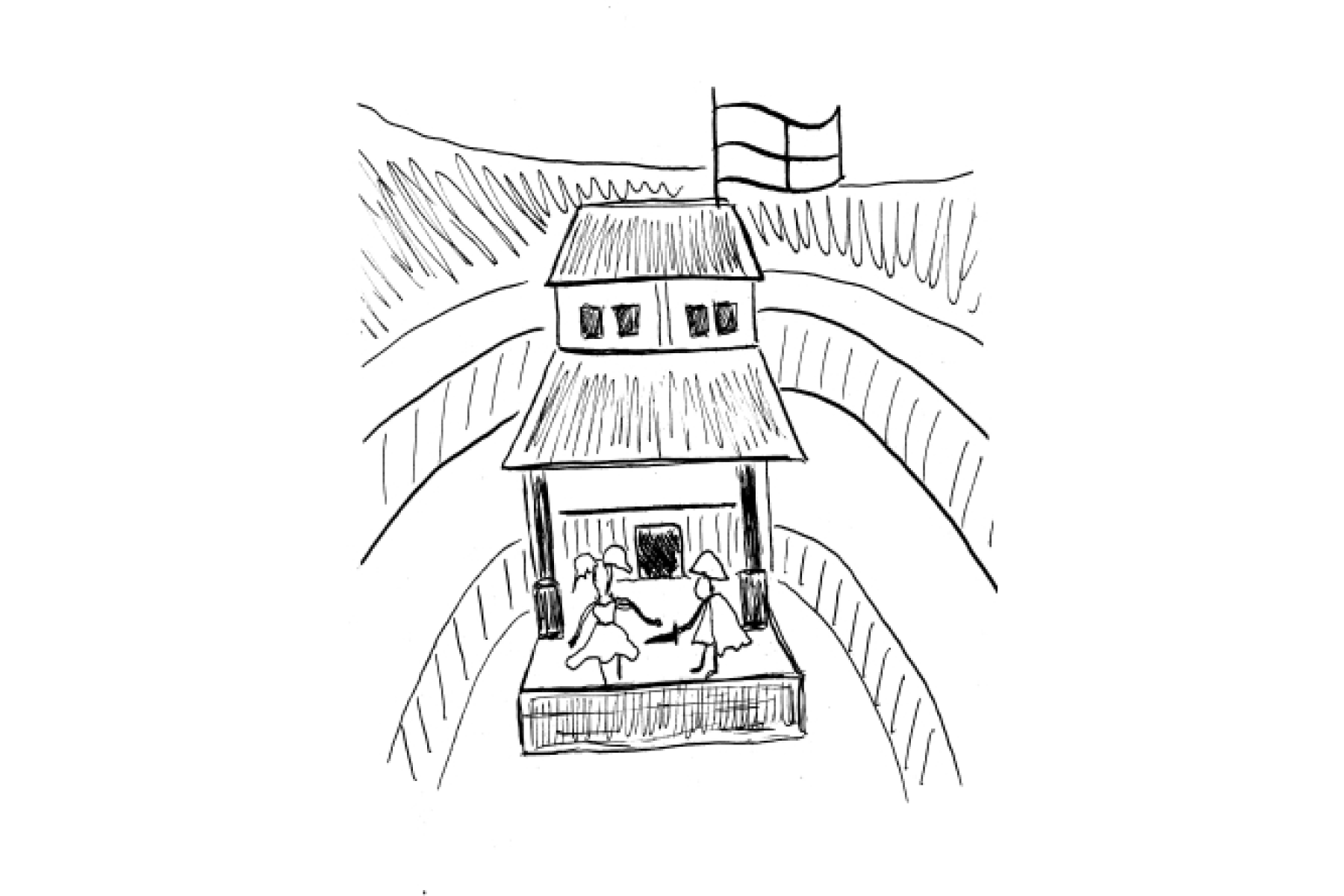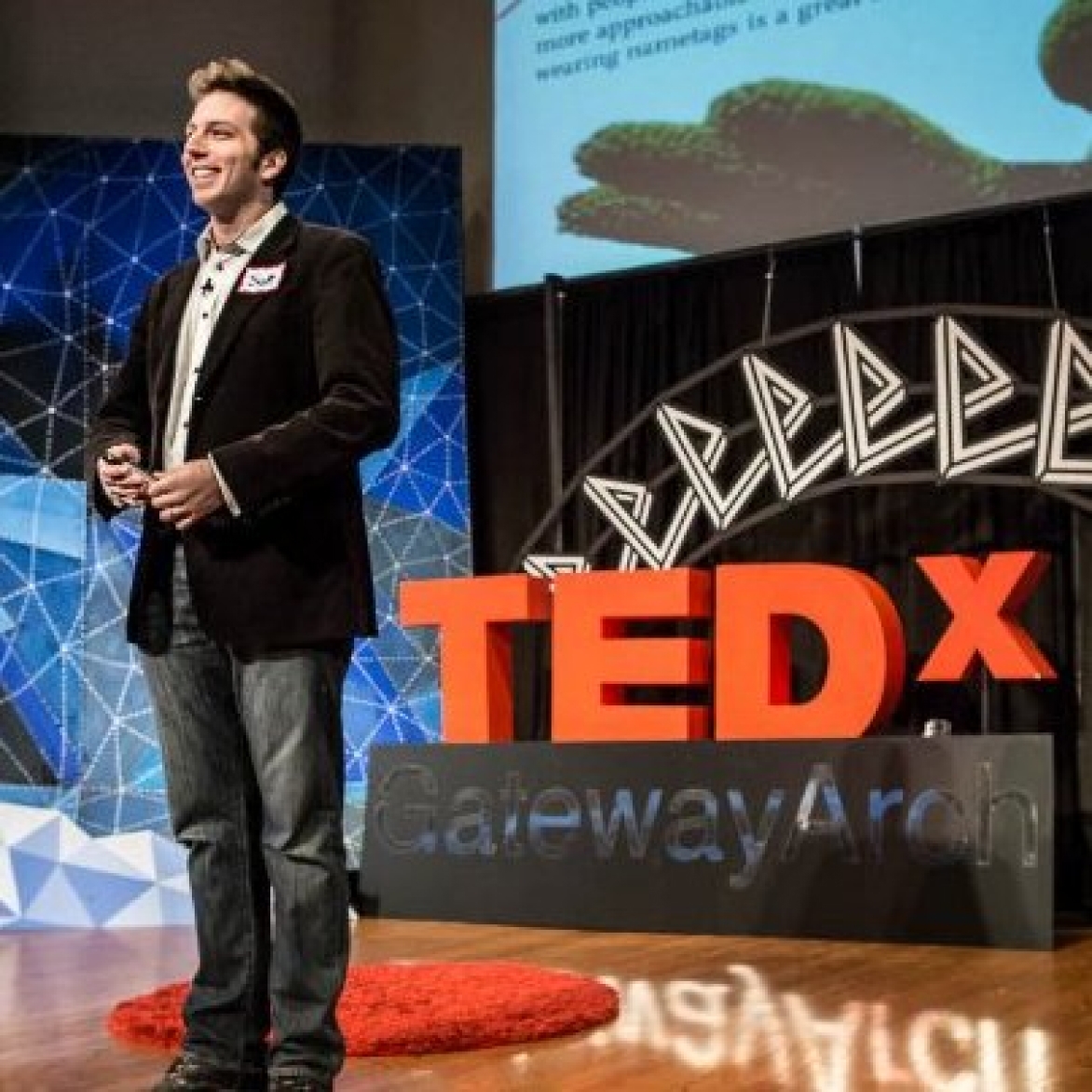
The Context
The first rule of busking is, you can’t be afraid of singing to no one. This is a regular feature of performing in public. Sometimes there is no public. Remember the old saying, sing like no one's listening? It's not a metaphor. For many songwriters, that's a reality. They have no choice but to play their guts out for nothing but crickets and wind. Same goes for open mics, showcases, auditions and the other types of low paying, low risk performances. Not only should the artist not be afraid of singing to no one, but they should enjoy singing to no one. It’s part of the job. Sure, having an audience is an amazing gift and privilege. But first and foremost, you better learn to be there for yourself, reaching for what’s highest in yourself. Because a lot of the time, that’s the only fan you can really count on.
The Tool
Audience Of None
AUDIENCE OF NONE — Actively doing great work for no reason other than to feel the positive internal experience it provides
Csikszentmihalyi, the pioneering psychologist who coined the term flow state, says there are two types motivational systems. Creators should get to know these well. The first is exotelic, where you do something to accomplish a later goal. The other system is called autotelic, where you have no reason for doing something, other than to feel the experience it provides. As creative professionals, if the latter is your motivational system the majority of the time, then your wellbeing will stay intact regardless of the outcome. But if you can't find a way to move your motivational yardstick from external to internal, the work won’t sustainable. And either you will quit, or the work will quit you. You almost have to think of it as an existential instance policy against the cold bite of reality.

Scott's Take
As a regular busking musician, I can attest that nobody wants to spend the rest of their artistic life stuck in dreary obscurity. Nobody grows up with the dream that one day, they will stand on the street corner for two hours belting out their hopes and fears to three hobos and a squirrel. But the trick is, if you can find a way to feel fulfilled in that scenario, if you can make that enough, then you’ve already won. Everything else is just a bonus. Bell, the legendary art critic and proponent of individualism, wrote something about a hundred years ago on this very idea. His philosophy was that any given work of art is good or bad to the extent that it does or does not produce aesthetic emotions in the audience. He’s not wrong, it’s just that not every artist is afforded such a luxury.
The Rest
Audiences are great if you can get them, but it’s healthier to assume you’re singing for no one, not be afraid of that rejection, and still make meaning in spite of it all. Do you demand a crowd to do your work, or are you willing to perform for an audience of none?
The Benefits
Make meaning in spite of rejection or anonymity
Strengthen your internal locus of control and motivation
Keep your wellbeing intact over the long term
Create an existential insurance policy against the cold world of creating and sharing your ideas